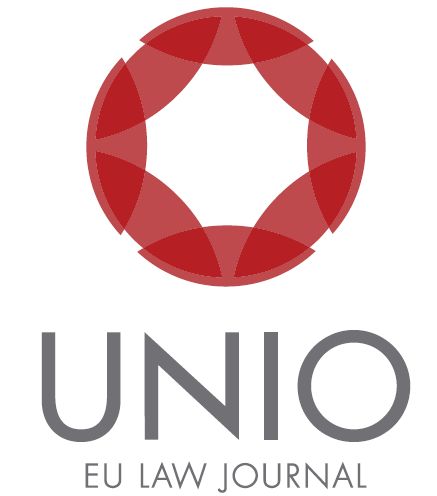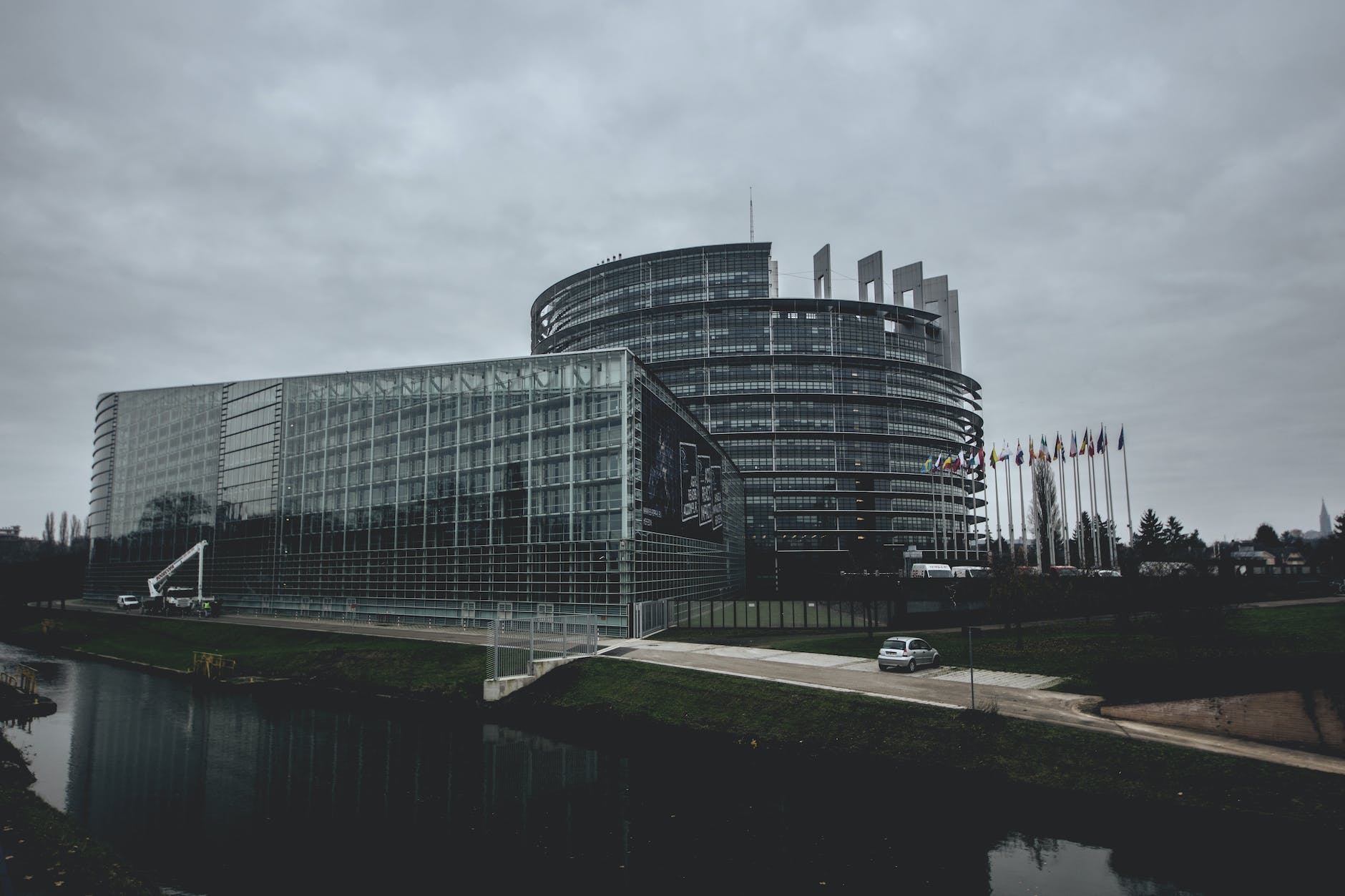Summaries of judgments made in collaboration with the Portuguese judges and référendaire of the General Court (Maria José Costeira, Ricardo Silva Passos and Esperança Mealha)
▪
Judgment of the General Court (First Chamber, Extended Composition), 15 November 2023, Case T-193/22, OT v Council of the European Union
Facts
Following the military aggression perpetrated by the Russian Federation (‘Russia’) against Ukraine on 24 February 2022, the Council of the European Union (‘the Council’) adopted several acts by which it added the applicant’s name to the lists of persons, entities and bodies supporting actions undermining or threatening the territorial integrity, sovereignty and independence of Ukraine, adopted by the Council since 2014.
The Council imposed on the applicant, OT, a businessman of Russian nationality, the freezing of his banking funds and assets, in accordance with Article 2(1) (d) and (g) of Decision 2014/145/CFSP of 17 March 2014[1], on the ground that, he is a major shareholder of the Russian conglomerate ‘Alfa Group’, one of Russia’s largest taxpayers. As such, the applicant is considered to be one of the most influential persons in the country and has links with the Russian President. According to the Council, Vladimir Putin rewarded the Alfa Group for its loyalty to the Russian authorities.
Continue reading “Summaries of judgments: OT v Council of the European Union | Abramovich v Council”







